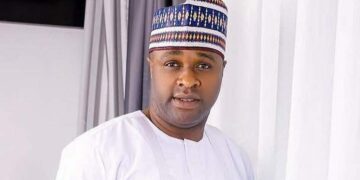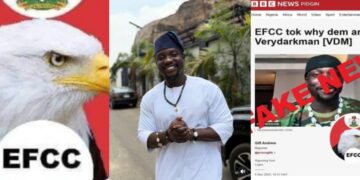
Former Labour Party presidential candidate, Peter Obi, has called on African leaders to harness the continent’s vast potential especially its youthful population to drive growth and compete globally.
Speaking at the 2025 Commonwealth Enterprise and Investment Council (CWEIC) Trade and Investment Summit in London, Obi addressed the topic “Africa’s Role in the New Global Economy.” His message came amid concerns over renewed trade tensions sparked by U.S. President Donald Trump’s tariff policies affecting the continent.
Obi stressed that Africa must focus on building a skilled workforce to boost productivity, not just for the continent’s benefit but for global development as well.
“Africa has incredible potential,” he said. “With the right investment in our young people, we can make a major impact on the global economy.”
Despite being the world’s second-largest and most populous continent with around 1.5 billion people, Africa still lags behind in global trade and GDP. According to the World Trade Organization, the continent accounts for just 2–3% of global trade, and its GDP per capita sits at about $1,900—far behind Asia’s $9,000.
“Africa has been stagnant for over two decades,” Obi noted. “Yet we have the youngest, most dynamic workforce in the world, about one billion people of working age. That’s a huge opportunity.”
He also highlighted Africa’s vast natural resources, including nearly a billion hectares of uncultivated arable land and over 60% of the world’s total. The continent holds around 30% of global mineral reserves.
With its agricultural market projected to grow from $280 billion to over $1 trillion by 2030, Obi believes Africa has the potential to become a global food powerhouse if leaders step up.
“What’s missing,” he said, “is the kind of leadership that can shift priorities, boost productivity, and help African countries move up the value chain.”
Obi emphasized that this is a critical moment for Africa. With global dynamics shifting—especially under a potential second Trump presidency—he urged African nations to take bold steps and build resilient economies.
“We need a new kind of leadership,” he said. “One that focuses on productivity, human capital, innovative education, healthcare, and lifting people out of poverty.”


![Viral House Party Video Sparks Conversation on Changing Social Norms Among Nigerian Mothers [Watch Video]](https://kumornews.com/wp-content/uploads/2026/02/Viral-House-Party-Video-Sparks-Conversation-on-Changing-Social-Norms-Among-Nigerian-Mothers-Watch-Video-1-360x180.jpg)















